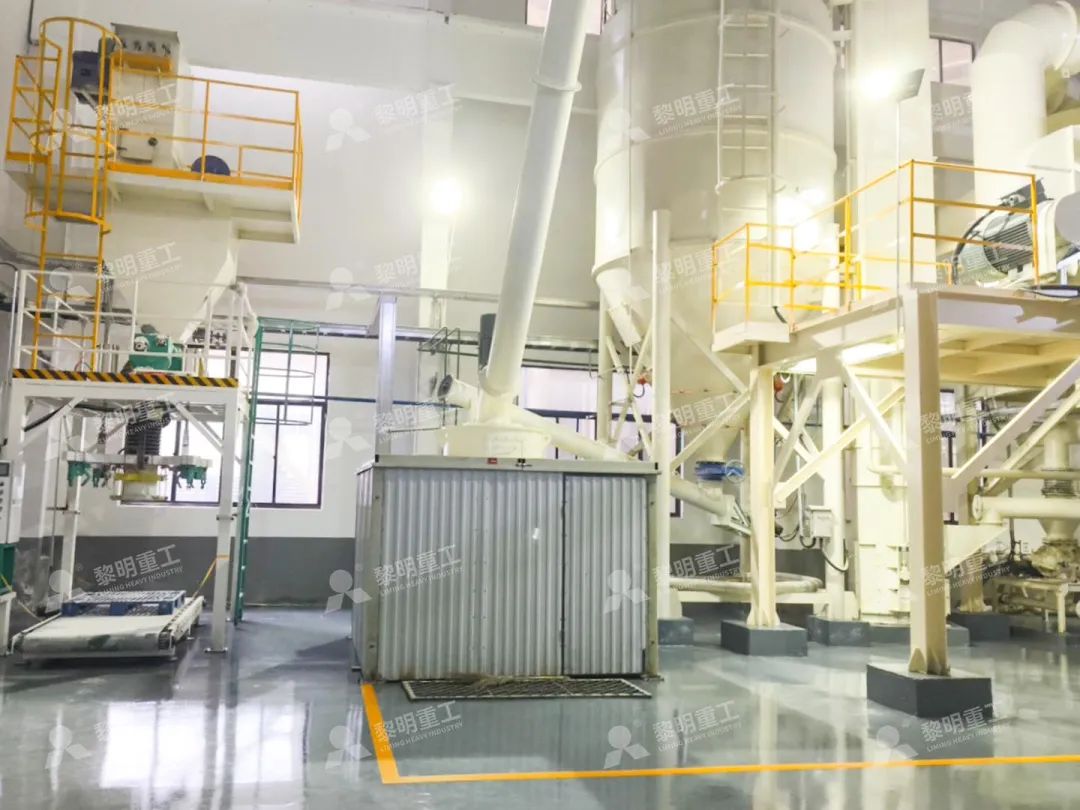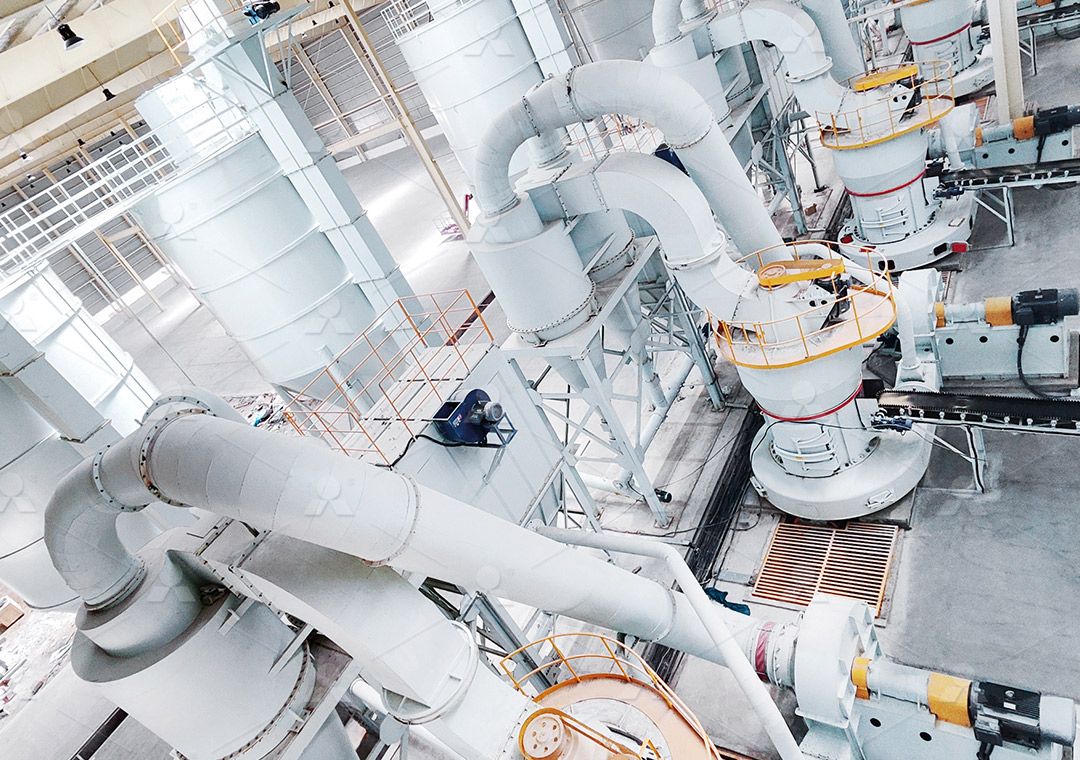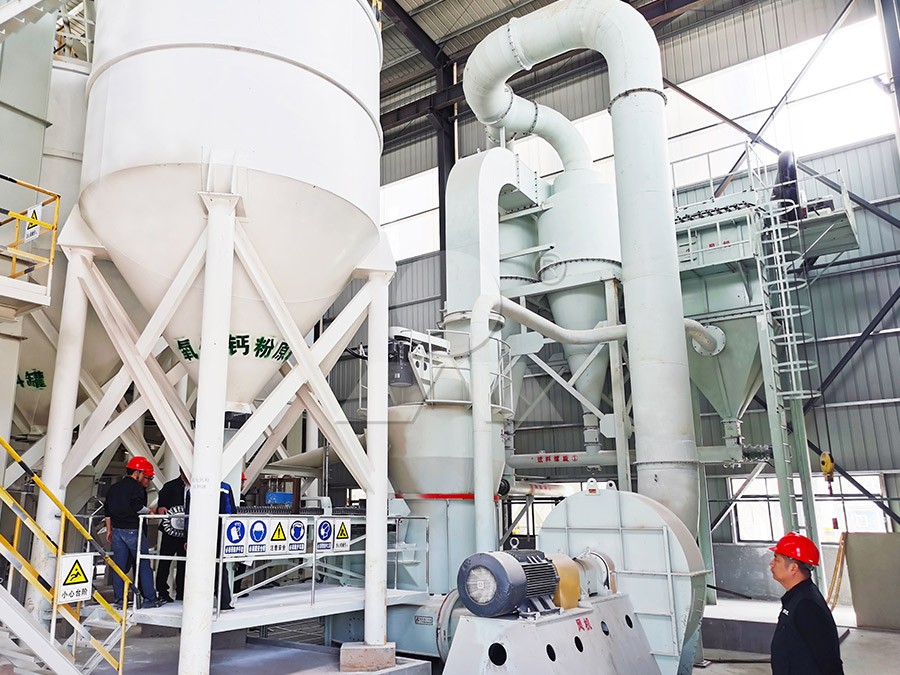How Much Does a Stone Grinding Mill Cost? A Detailed Price Guide
We provide a wide range of mills — including Raymond mill, trapezoidal mill, vertical mill, ultrafine mill, and ball mill, obtained ISO9001 international quality certification, EU CE certification, and Customs Union CU-TR certification. Suitable for processing minerals such as limestone, phosphate, quicklime, kaolin, talc, barite, bentonite, calcium carbonate, dolomite, coal, gypsum, clay, carbon black, slag, cement raw materials, cement clinker, and more.
The discharge range of these mills can be adjusted to meet specific processing needs, typically from 80-400 mesh, 600-3250 mesh, and can achieve the finest particle size of up to 6000 mesh(D50).
If you are looking for a reliable grinding solution to turn stone or minerals into fine powder, please feel free to contact our online customer service.
How Much Does a Stone Grinding Mill Cost? A Detailed Price Guide
When considering the purchase of a stone grinding mill for your operation, the first question that typically comes to mind is: “What will it cost?” The answer isn’t straightforward, as grinding mill prices vary significantly based on multiple factors. Understanding these variables will help you make an informed investment decision that aligns with both your budget and production requirements.
Key Factors Influencing Grinding Mill Pricing
The cost of a stone grinding mill can range from $10,000 for basic models to over $500,000 for large, sophisticated systems. Several elements contribute to this wide price spectrum:
Production Capacity: The throughput capacity, measured in tons per hour (tph), is one of the primary cost determinants. A mill with a 5 tph capacity will be significantly less expensive than one rated for 50 tph. Consider both your current and anticipated future needs when evaluating capacity requirements.
Final Product Fineness: Mills designed to produce ultra-fine powders (reaching 2500 meshes or more) require more advanced technology and precision engineering, which increases costs. If your application doesn’t require extreme fineness, you may save considerably by selecting a mill with appropriate specifications.
Material Characteristics: The hardness, moisture content, and abrasiveness of your raw materials impact mill selection and pricing. Harder materials typically require more robust construction and higher-powered motors, adding to the overall cost.
Technology and Features: Advanced features such as automated control systems, specialized dust collection, noise reduction technology, and energy-efficient designs contribute to higher initial costs but often provide long-term operational savings.

Understanding Total Cost of Ownership
Beyond the initial purchase price, savvy buyers consider the total cost of ownership, which includes:
Energy Consumption: Modern, efficient mills can reduce energy costs by 30-50% compared to older models. For operations running 24/7, these savings can quickly offset a higher initial investment.
Maintenance Requirements: Mills with innovative designs that minimize wear parts and simplify maintenance can significantly reduce downtime and long-term operating costs. Features like external lubrication systems that allow maintenance without shutdown are particularly valuable for continuous operations.
Spare Parts Availability: Consider manufacturers who guarantee spare parts availability and provide comprehensive technical support. Unexpected downtime waiting for parts can be far more costly than any initial savings on equipment price.
Recommended Solution: MW Ultrafine Grinding Mill
For operations requiring ultra-fine powder production, our MW Ultrafine Grinding Mill represents an excellent balance of performance and value. With an input size of 0-20 mm and capacity ranging from 0.5-25 tph, this machine is engineered for customers who need to make ultra-fine powder efficiently.
The MW series stands out for its higher yielding and lower energy consumption – delivering 40% higher production capacity than jet grinding mills and twice the output of ball grinding mills while using only 30% of the energy of jet mills. Its adjustable fineness between 325-2500 meshes makes it versatile for various applications, from limestone and calcite to specialized uses in chemical, paint, cosmetics, and food additive industries.
Notable features include the absence of rolling bearings and screws in the grinding chamber, eliminating concerns about bearing damage or loose screws causing machine failure. The integrated pulse dust collector and muffler ensure environmentally friendly operation that meets national environmental protection standards.

Alternative Option: LUM Ultrafine Vertical Grinding Mill
For operations with space constraints or specific vertical configuration preferences, the LUM Ultrafine Vertical Grinding Mill offers another premium option. With input size of 0-10 mm and capacity of 5-18 tph, this mill integrates ultrafine powder grinding, grading and transporting in a single unit.
The LUM series features unique roller shell and lining plate grinding curves that generate material layers more easily, enabling high rates of finished products through single-pass powder milling. Its double position-limiting technology ensures operational stability, while the reversible structure simplifies maintenance – addressing the challenges typically associated with heavy grinding rollers.
Making the Right Investment
Selecting the appropriate grinding mill requires careful consideration of your specific production needs, budget constraints, and long-term operational goals. While entry-level models may seem appealing from a initial cost perspective, their higher energy consumption and maintenance requirements often make them more expensive over their operational lifespan.
Consulting with grinding experts and requesting detailed operational cost projections for your specific application will help identify the most cost-effective solution. Remember that the cheapest mill to purchase may not be the most economical choice when total cost of ownership is calculated.

Frequently Asked Questions
What is the typical price range for a commercial stone grinding mill?
Commercial stone grinding mills typically range from $10,000 to over $500,000, with most mid-range industrial models falling between $50,000 and $200,000. The exact price depends on capacity, technology level, and specific features required.
How long does a grinding mill typically last?
With proper maintenance, a quality grinding mill can last 15-25 years. Key wear parts may need replacement more frequently, but the main structure should provide decades of reliable service.
What ongoing costs should I anticipate?
Beyond the initial purchase, budget for energy consumption, routine maintenance, wear part replacement, and potential downtime. Modern, efficient designs can significantly reduce these ongoing expenses.
Can I get a mill that produces different fineness levels?
Yes, many modern mills like our MW Ultrafine Grinding Mill offer adjustable fineness between 325-2500 meshes, allowing you to produce different product grades from the same equipment.
How important is after-sales support?
Extremely important. Quality technical support, training, and spare parts availability are crucial for minimizing downtime and ensuring long-term operational efficiency. Always verify the manufacturer’s support capabilities before purchasing.
